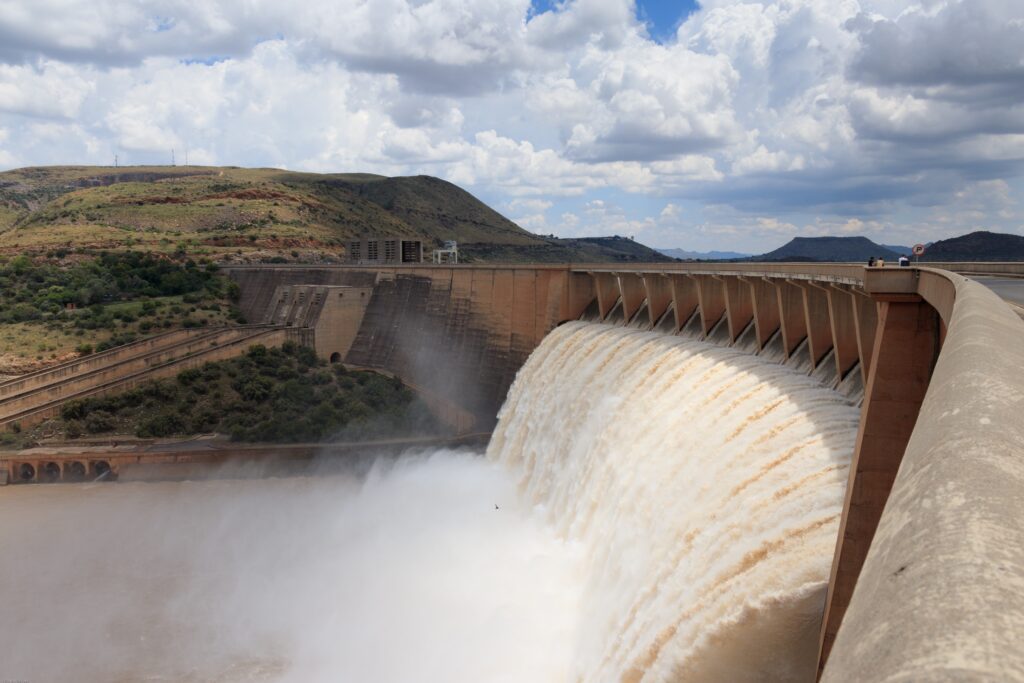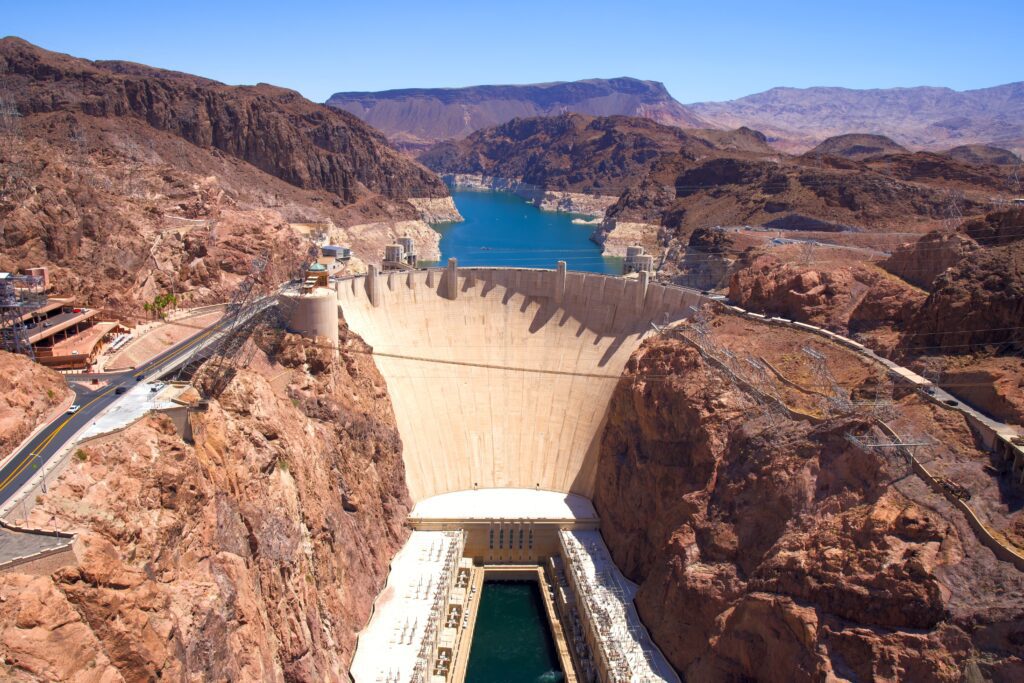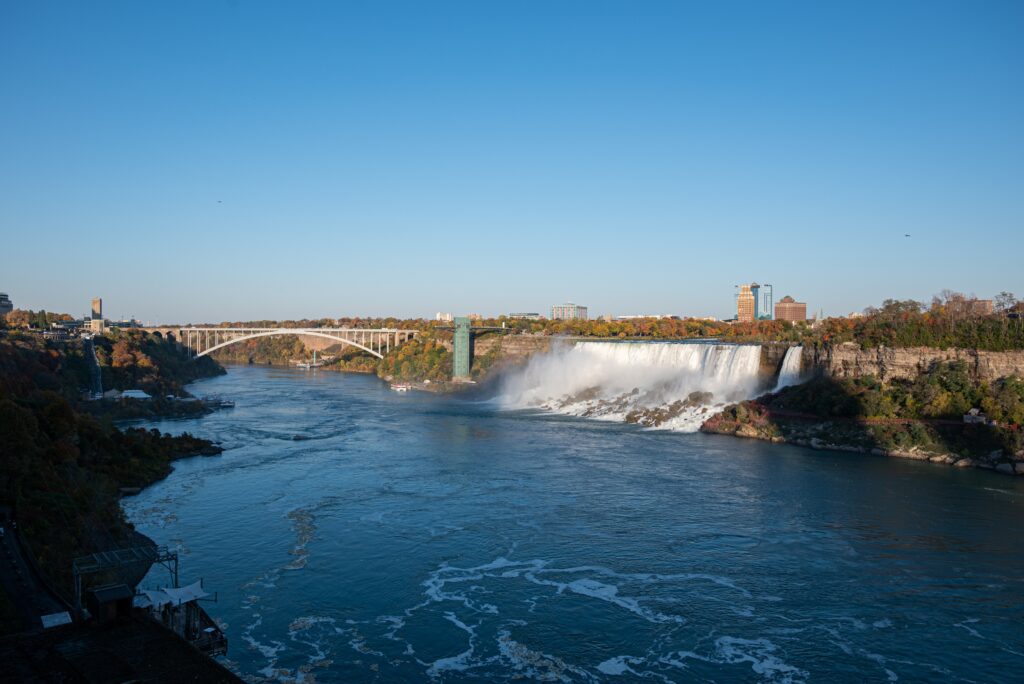Hydropower is an efficient, clean, renewable energy source that provides numerous benefits to the environment. With hydro energy becoming increasingly popular around the world, it’s important to understand the pros and cons of using this form of power. In this article we will be exploring 10 of the most notable pros and cons of hydro energy in order to provide you with a better understanding of its impact on our planet.
Hydro energy is also known as hydropower, is a type of renewable energy that harnesses the power of flowing water to generate electricity. It is one of the oldest and most reliable forms of renewable energy, with hydroelectric power plants operating in more than 150 countries around the world. Like any other energy source, hydro energy has its advantages and disadvantages.
Advantages of Hydro Energy
There are several advantages of hydro energy out of which 10 advantages are listed below:
1. Clean and Renewable Energy Source
Hydro energy is a clean and renewable energy source that does not produce greenhouse gas emissions or other pollutants that can harm the environment. It is a sustainable energy source that can be harnessed as long as there is a supply of water.
2. Cost-Effective
Hydro energy is a cost-effective energy source, as it has low operating costs compared to other energy sources. Once a hydroelectric power plant is built, the cost of generating electricity is relatively low, as the only costs incurred are for maintenance and operation.
3. Reliable Energy Source
Hydro energy is a reliable energy source, as it can operate 24/7, providing a constant supply of electricity. Unlike other renewable energy sources like wind and solar, hydro energy is not dependent on weather conditions.
4. Can Be Used for Multiple Purposes
Hydro energy can be used for multiple purposes, such as irrigation, flood control, and water supply. Hydroelectric power plants can also provide additional services like peaking power, which helps to stabilize the grid during periods of high demand.
5. Provides Job Opportunities
Hydro energy projects create job opportunities for engineers, construction workers, and technicians. This can stimulate local economies and provide employment opportunities in remote areas.


6. Enhances Water Quality
Hydro energy can improve water quality by reducing the amount of sediment and debris in the water. The construction of hydroelectric power plants can also provide fish ladders and other structures that allow fish to move freely upstream, enhancing aquatic ecosystems.
7. Long Lifespan
Hydro energy projects have a long lifespan, as hydroelectric power plants can operate for up to 100 years. This makes hydro energy a reliable and sustainable energy source for the long term. In contrary, the other renewable energy resources are not such long lasting.
8. Flexible Energy Source
Hydro energy is a flexible energy source that can respond to changes in demand quickly. Hydroelectric power plants can be ramped up or down quickly, providing a rapid response to changes in the electricity grid.
9. Reduces Dependency on Fossil Fuels
Hydro energy can reduce dependency on fossil fuels, which can help to mitigate the effects of climate change. By replacing fossil fuels with hydro energy, we can reduce greenhouse gas emissions and improve air quality.
10. Minimal Land Use
Hydro energy projects require minimal land use compared to other energy sources. Hydroelectric power plants only require the land area for the power plant and dam, leaving the surrounding area for other uses.
Disadvantages of Hydro Energy
There are several disadvantages of hydro energy out of which 10 disadvantages are listed below:
1. Environmental impact
Hydro energy projects have a significant impact on the environment, particularly on the natural flow of rivers and the habitats of aquatic species. The construction of dams and reservoirs can alter the natural ecosystem, leading to the loss of biodiversity and changes to the natural flow of water.
2. Upfront cost
The initial investment in hydro energy projects is high, as it requires the construction of dams, turbines, and other infrastructure. The upfront cost of hydro energy can be a barrier to its adoption, particularly for developing countries.
3. Maintenance cost
Hydro energy infrastructure requires ongoing maintenance and repair, which can be costly. Regular inspections and repairs are necessary to ensure that the infrastructure is functioning correctly and safely. There are plenty of ways to reduce maintenance expenses while still reaping the benefits of hydroelectricity. With the right approach and technology, hydro energy can provide reliable, renewable energy.
4. Droughts and Water Scarcity
Hydro energy is dependent on the availability of water, which can be affected by droughts and water scarcity. In periods of low rainfall or water scarcity, hydro energy production may be significantly reduced or stopped entirely. Hydroelectric energy production can also cause drought conditions downstream if they are not able to allow enough water to flow by.
5. Flood Risk
Hydro energy projects can increase the risk of floods downstream from the dam. If the dam is not properly designed, constructed, or maintained, it can lead to catastrophic flooding, loss of life, and property damage.


6. Land Use
Hydro energy projects require large areas of land for the construction of dams, reservoirs, and transmission lines. This can result in the displacement of local communities and disruption of agricultural land, forests, and other ecosystems.
7. Sedimentation
Hydro energy projects can cause sedimentation, which can reduce the capacity of reservoirs and affect downstream water quality. Sedimentation can also harm aquatic habitats and reduce the lifespan of hydro energy infrastructure.
8. Methane Emissions
Hydro energy projects can produce methane emissions from the decomposition of organic matter in flooded areas. Methane is a potent greenhouse gas that contributes to climate change. Research into new ways to reduce these emissions is ongoing and shows great promise in the future. This could mean that hydro power can be a much more efficient, effective and clean source of energy for years to come. We need to keep pushing for progress in this area if we want to have the best possible outcome from this wonderful renewable energy resource.
9. Geopolitical Issues
Hydro energy projects can have geopolitical issues, particularly when they involve the use of trans-boundary rivers. Conflicts can arise over the allocation of water resources, and hydro energy projects can become a source of tension between countries.
10. Limited Potential
Hydro energy is not available everywhere, as it requires the presence of suitable rivers or water bodies. In some areas, the potential for hydro energy production may be limited due to low water flow, topography, or environmental regulations.
Conclusion:
Hydro energy is a renewable source of energy that has several benefits. However, there are several pros and cons of hydro energy that need to be considered before investing in this form of energy. The environmental impact, upfront cost, maintenance cost, water scarcity, flood risk, land use, sedimentation, methane emissions, geopolitical issues, and limited potential are all factors that need to be carefully evaluated when considering hydro energy. Ultimately, the decision to invest in hydro energy should be based on a thorough assessment of its benefits and drawbacks, as well as the specific needs and circumstances of the region in question.
In a nutshell, hydro energy is an affordable and renewable source of energy, it can also have a negative impact on the environment, wildlife, and local communities. With careful consideration of these factors, hydro energy remains an attractive option for citizens seeking to reduce their carbon footprint while taking advantage of cost-efficient power production.


I blog often and I seriously thank you for your content. Your article has truly peaked my interest. I am going to book mark your website and keep checking for new information about once per week. I subscribed to your RSS feed too.